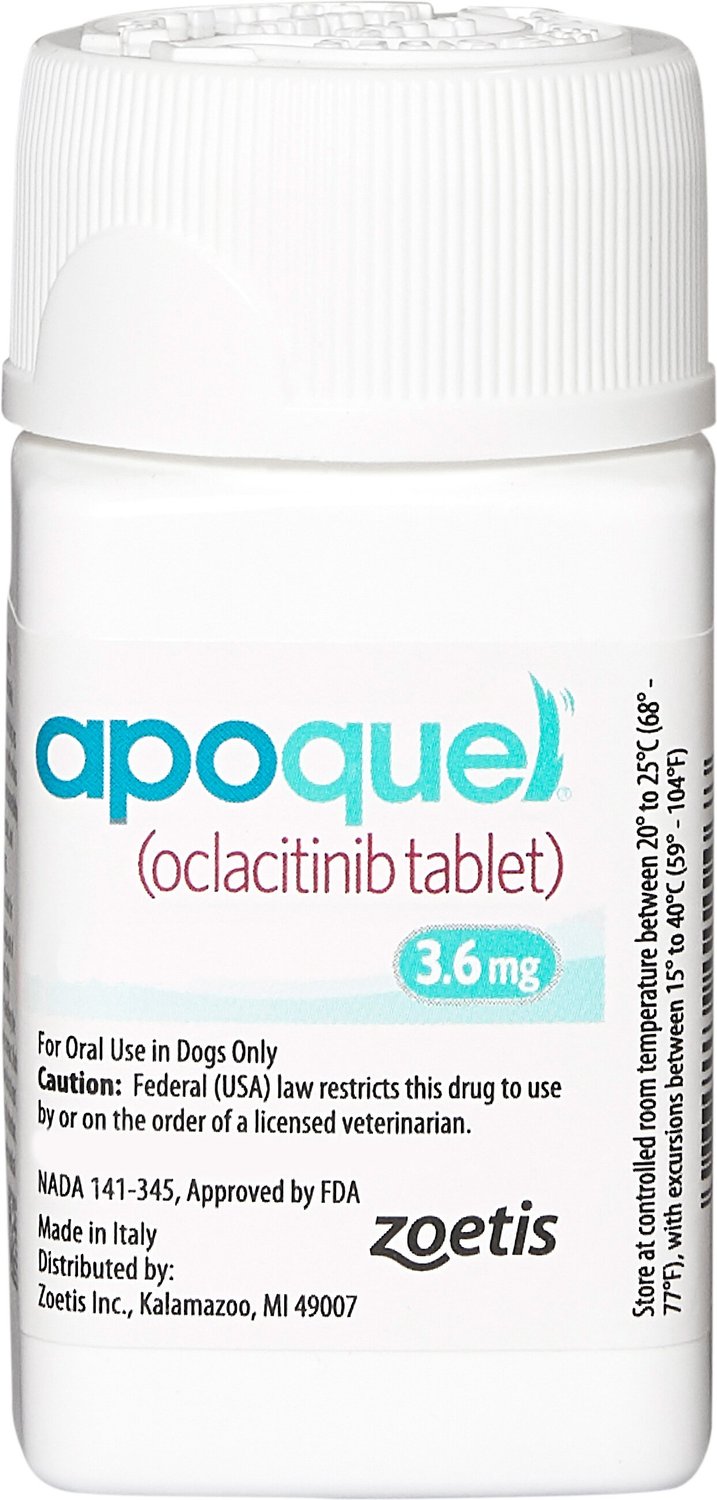Equate Stool Softener Laxative Softgel, 100 mg, 400 Count
Get safe and effective relief with Equate Stool Softener Laxative Softgels. This bottle comes with 400 softgels, each one containing 100 milligrams of Docusate Sodium, which offers comfortable relief of painful, hard dry stools. This dependable formula can be used for the relief from occasional constipation and generally produces a bowel movement within 12 to 72 hours. Adults and children over 12 years of age take one to three softgels daily and children two to 12 years of age take one softgel daily. Get back to feeling like your normal self with the help of Equate Stool Softener Laxative.Making the right health decisions can be challenging. With a complete range of products and simple solutions, Equate allows you to take care of your family with confidence.









Reviews
There are no reviews yet.